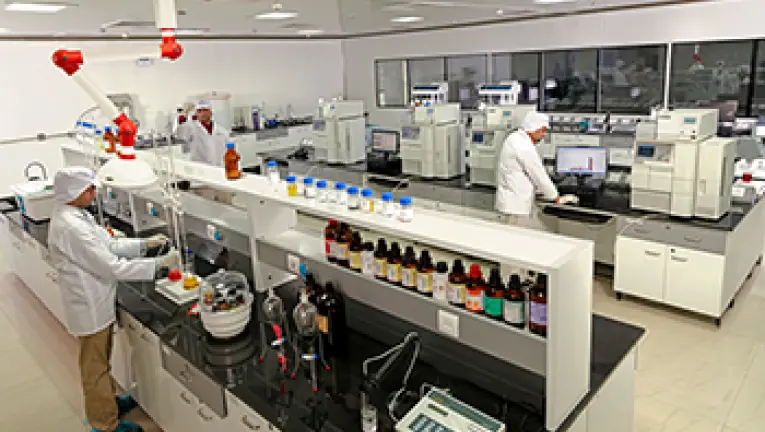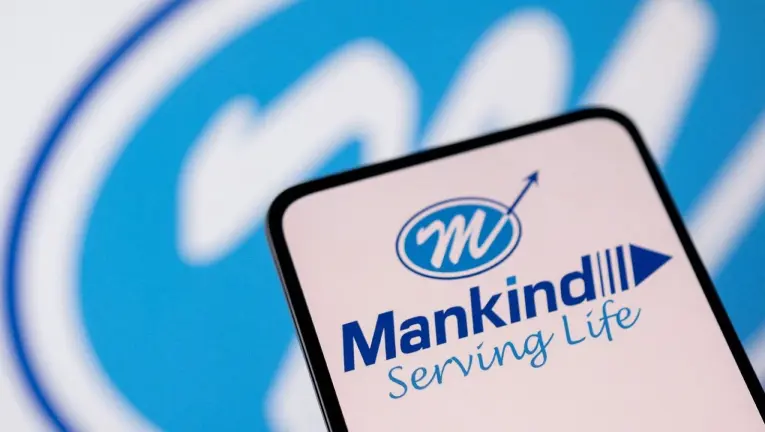Do products revolving around sex help the Rs 3000 cr company?
Arjun Juneja sometimes sounds like a newspaper “sexpert”. “Use Adiction deodorant before sex,” he recommends, “and if you have erectile dysfunction, then pop a Manforce Tablet. If at all you suffer from premature ejaculation, then Manforce Gel is for you.” The prescription continues: “If you don’t want babies, use Manforce Condoms. After unprotected sex, you can opt for Unwanted 72. And if you want to know whether your partner has conceived, Preganews is there.” Juneja though is not a therapist and doesn’t double up writing columns for tabloids. He is director (operations) of Mankind, the sixth largest pharma company in India by sales. For many Indians, sex talk is taboo, only spoken of in permutations and combinations of macho swagger, secretive leering and copious nervous giggling. But this passionate act is translating into pleasure of an entirely different sort for this Delhi-based pharma company. “Sex sells,” says Juneja. He’d know since his Rs 3,000-crore company has built a marketing model around sex with its blockbuster OTC (Over The Counter) products, available without prescription from a chemist. These include emergency contraceptive Unwanted 72 and Prega News, besides Manforce condoms and Adiction. “But we are not only about condoms,” he says, OTC products account for just over 7% of Mankind’s revenues.
“It has never been an OTC story, it’s a pharma story,” he says. But one with a fairytale twist. Mankind started in 1995 and closed its first financial year with a modest Rs 3.8 crore. It took a decade to clock Rs 350 crore. But in just six years the company posted a turnover of Rs 2,000 crore in 2011-12. And now it is an over Rs 3,000-crore firm that aims to cross the Rs 5,000-crore mark by 2017! The company covers around 3 lakh doctors across the country. While it had just one manufacturing plant in 1995, the number has shot up to 20 where over 85% of its products are manufactured. Obviously, such growth is driven by more than just OTC. The company has been sitting firmly on the No 1 slot in terms of prescriptions per doctor per month over the last decade. Analysts say it is marketing that’s taken the company far. This began with low-cost anti-infectives and now continues with a sharp focus on the chronic disease segment and OTC products. “The gold is at the bottom of the pyramid. And they have found their sweet spot,” says Abraham Koshy, professor of marketing at IIM Ahmedabad. Mankind focused on villages, smaller towns and cities that were not catered to by so-called big pharma players. Moreover, they targeted the general physician and not specialist doctors. And the biggest plus was positioning themselves as an economical, pocketfriendly brand that made others cut their prices. But the game changer has been aggressive marketing. Says Koshy, “They understood the market looking at the core of sexual activity — condoms, tablets, gels, pregnancy and abortion kits — and not the periphery.
This is where sex appeal lies. They should persist with it.” Sanjiv D Kaul, managing director of private equity firm ChrysCapital that invested $24 million in Mankind in 2007, swears by the company’s marketing strategy. “The first time I heard of them was in a meeting in 2002,” says Kaul who was with Ranbaxy at the time. He recalls a sales manager telling him that Mankind was a fly-bynight operator that they need not worry about. “But after six months, Mankind again cropped up in a meeting and this time it was leading two segments.
And the same sales manager didn’t have any answers.” Kaul now holds 11% in Mankind. OTC may not be churning big numbers for the price-warrior company, but it definitely has a rub off effect. Brand ambassadors like porn star turned actor Sunny Leone probably help things along. “OTC gave us visibility,” admits Juneja, who joined his father RC Juneja, chairman and CEO of Mankind, in 2009. Before the OTC blitz Mankind had scant recognition, he recalls. “People used to suspect our quality because of the cheap tag. But after aggressively advertising our OTC brands, we have earned the goodwill and faith of consumers.” He plans to scale up the OTC portfolio and take its contribution to the company’s turnover into high double digits. Sheetal Arora, marketing director of Mankind agrees the perception has changed and OTC has become the face of the company: “Now Manforce comes first, Mankind later.” While retaining a focus on rural markets, the company is now targeting top doctors or the ‘creamy’ layer of specialists in Delhi and other metros. Does this signal a change; a quest to be aspirational, perhaps? Juneja dismisses these theories. “Who doesn’t want to be aspirational? But we want to be masspirational.” However, the transition won’t be easy. “The ‘cheap’ tag is not going to go overnight,” he says. It can only be dented by substantial investment in R&D and an image makeover. “The company’s image in OTC is often superimposed to its offerings in prescription as well,” says Smitha Sarma Ranganathan, a brand communication specialist. For a pharma company, brand equity is achieved by the extent to which its offering can be differentiated in a cluttered market. Mankind Pharma has managed to do this effectively so far, she says.
“Now it is critical that the company pitches itself on tenets of aspiration that bypass low price.” Juneja, however, believes in what he calls value for money pricing as it has been a USP. He says, “We believe in volumes. And when you have volumes, you automatically get value.” So, no thoughts of giving up the tag of price warrior? “We are the Dabangg of pharma market in India and we are proud of being aggressive,” he says.







